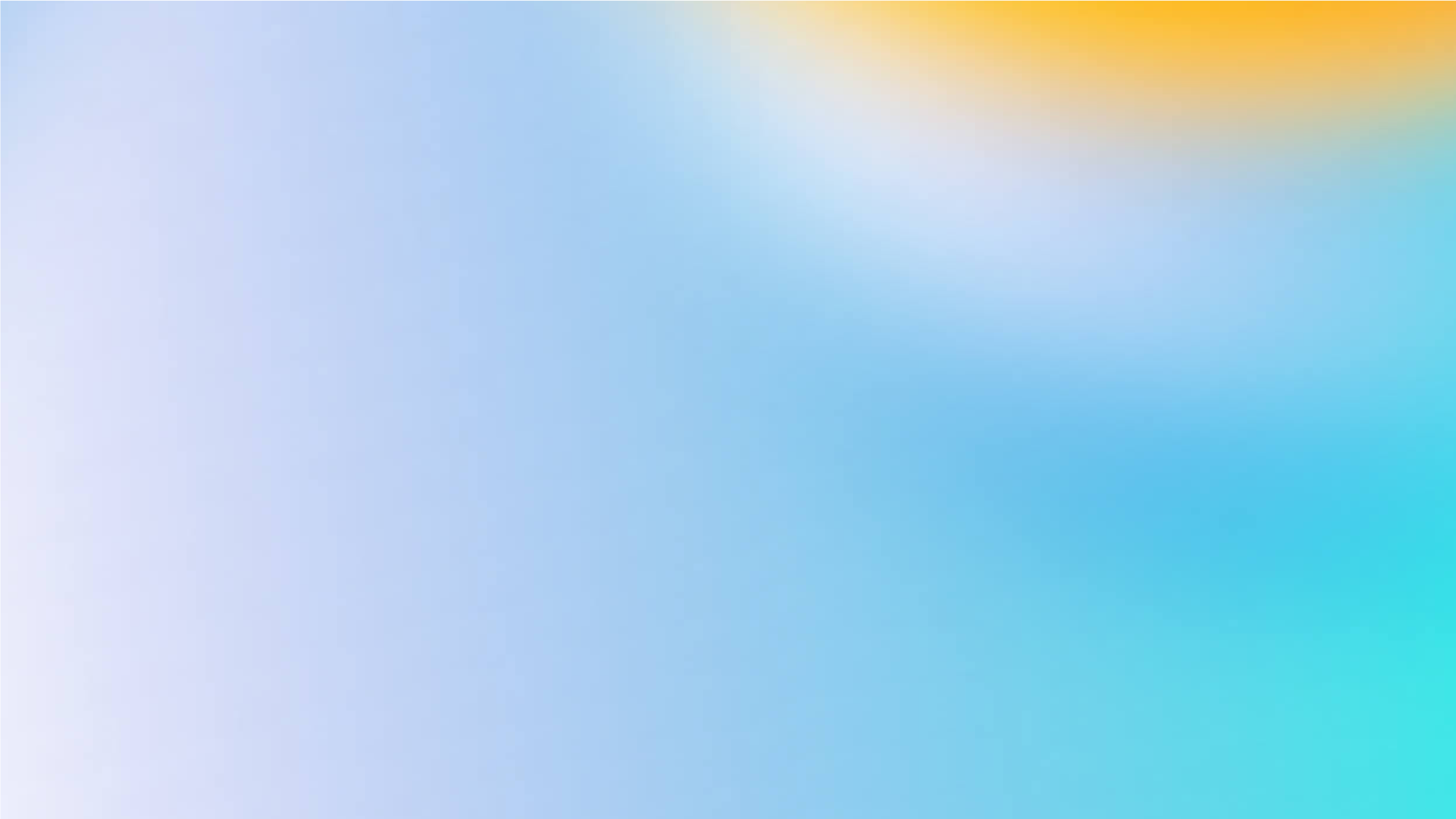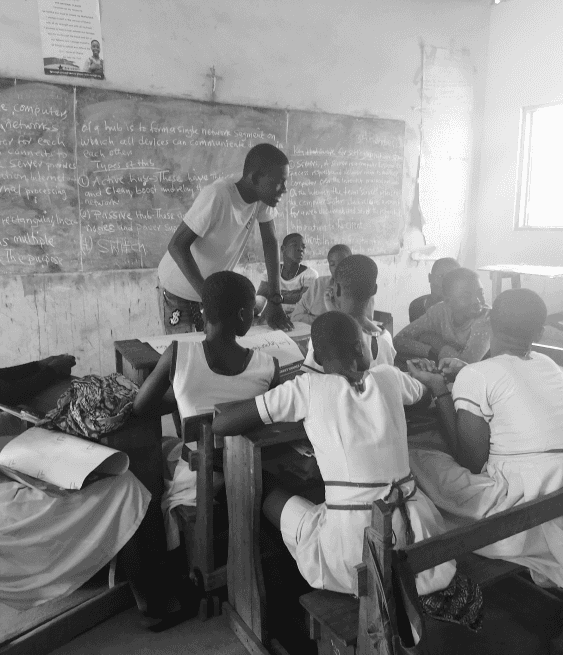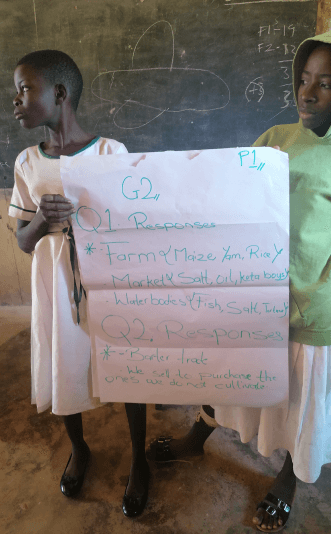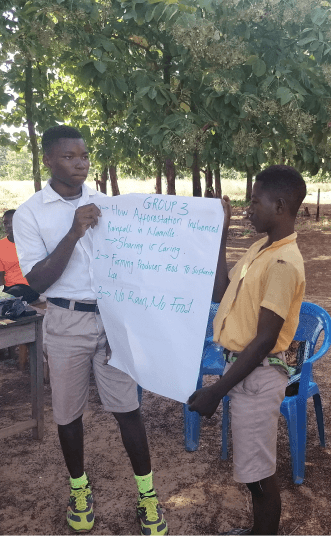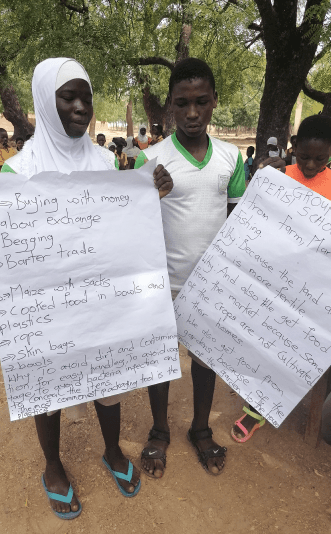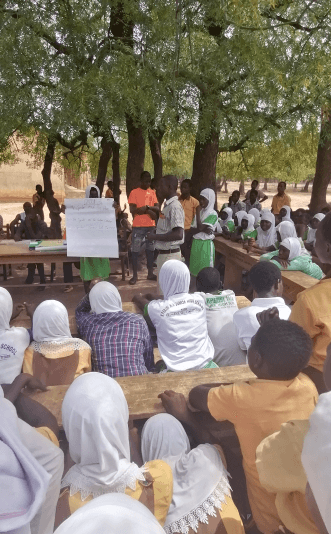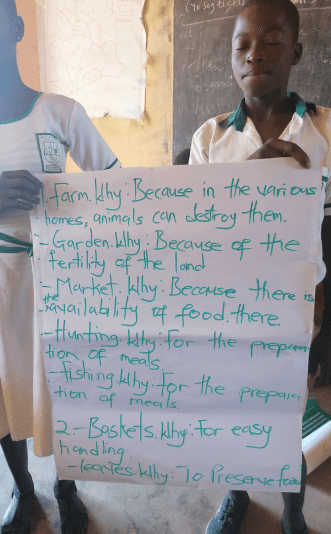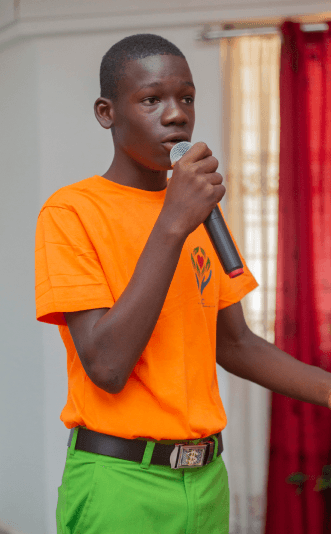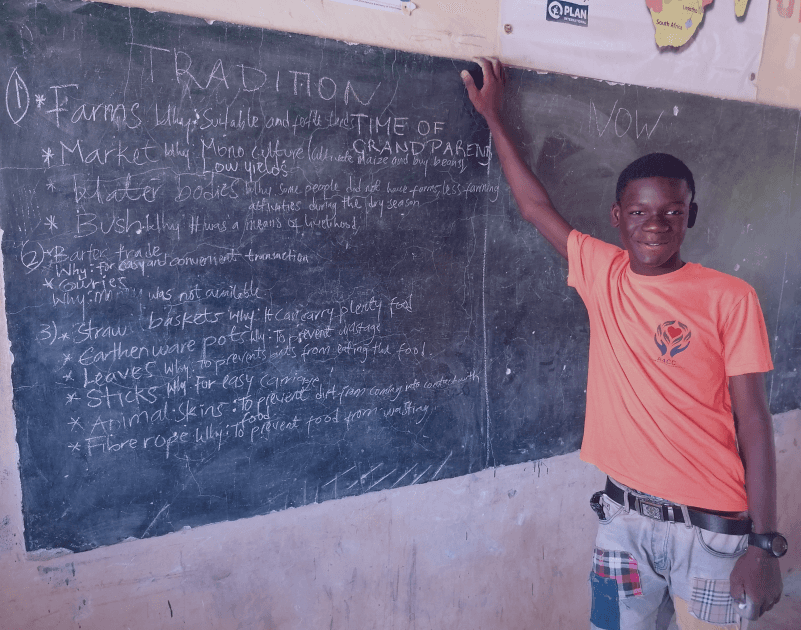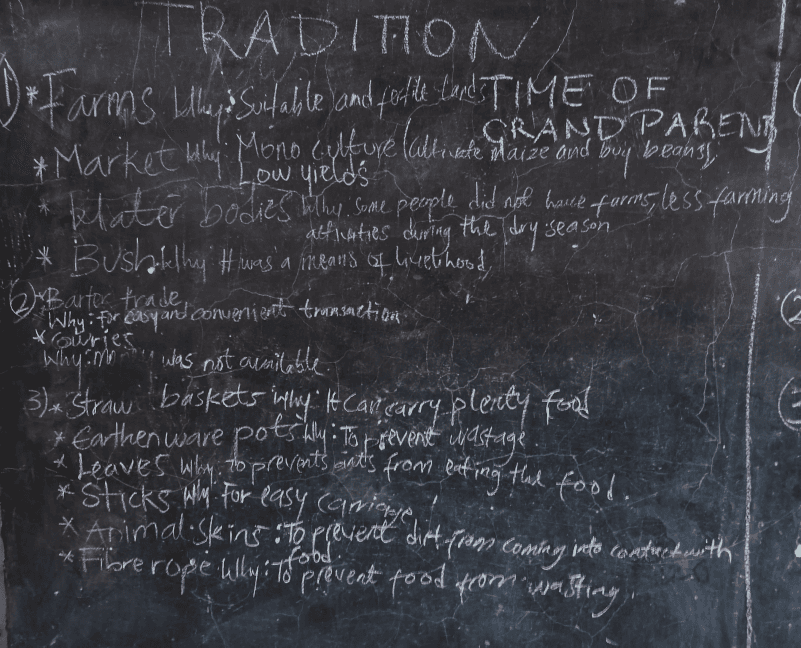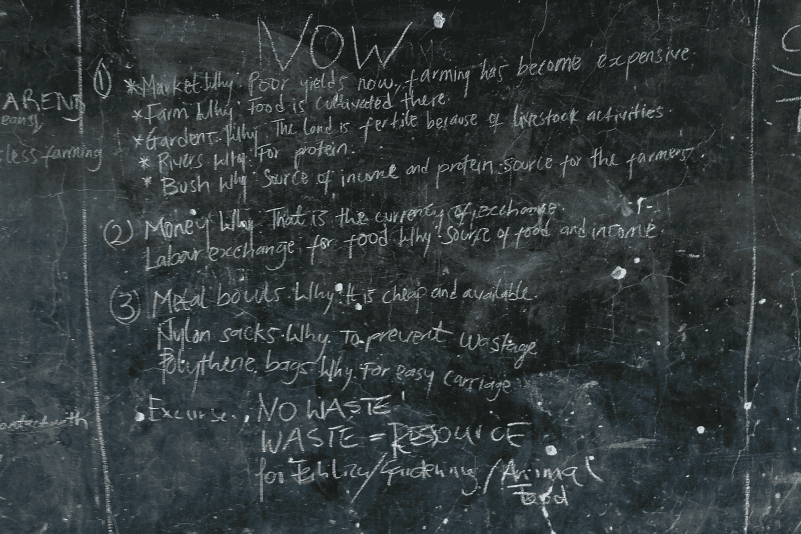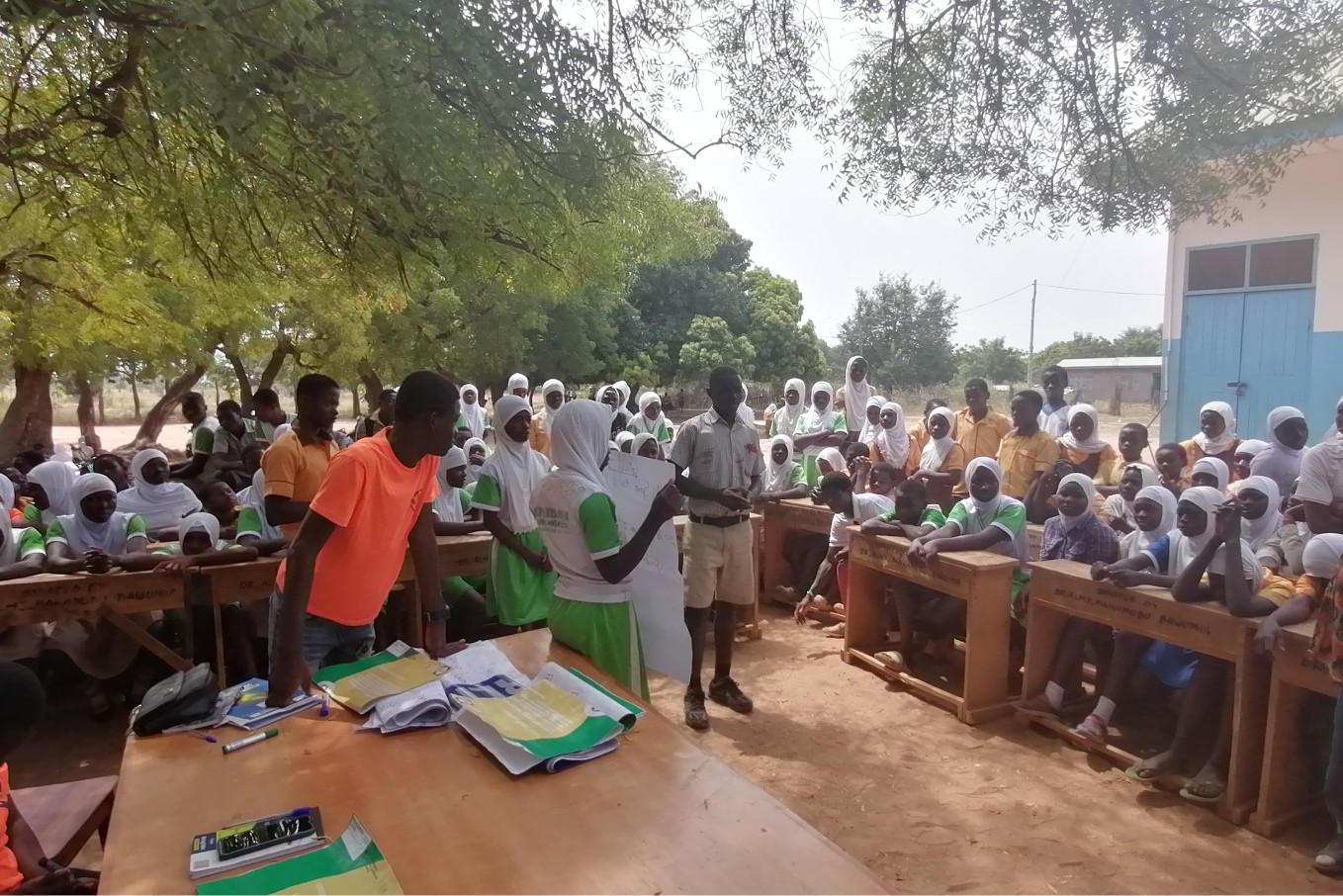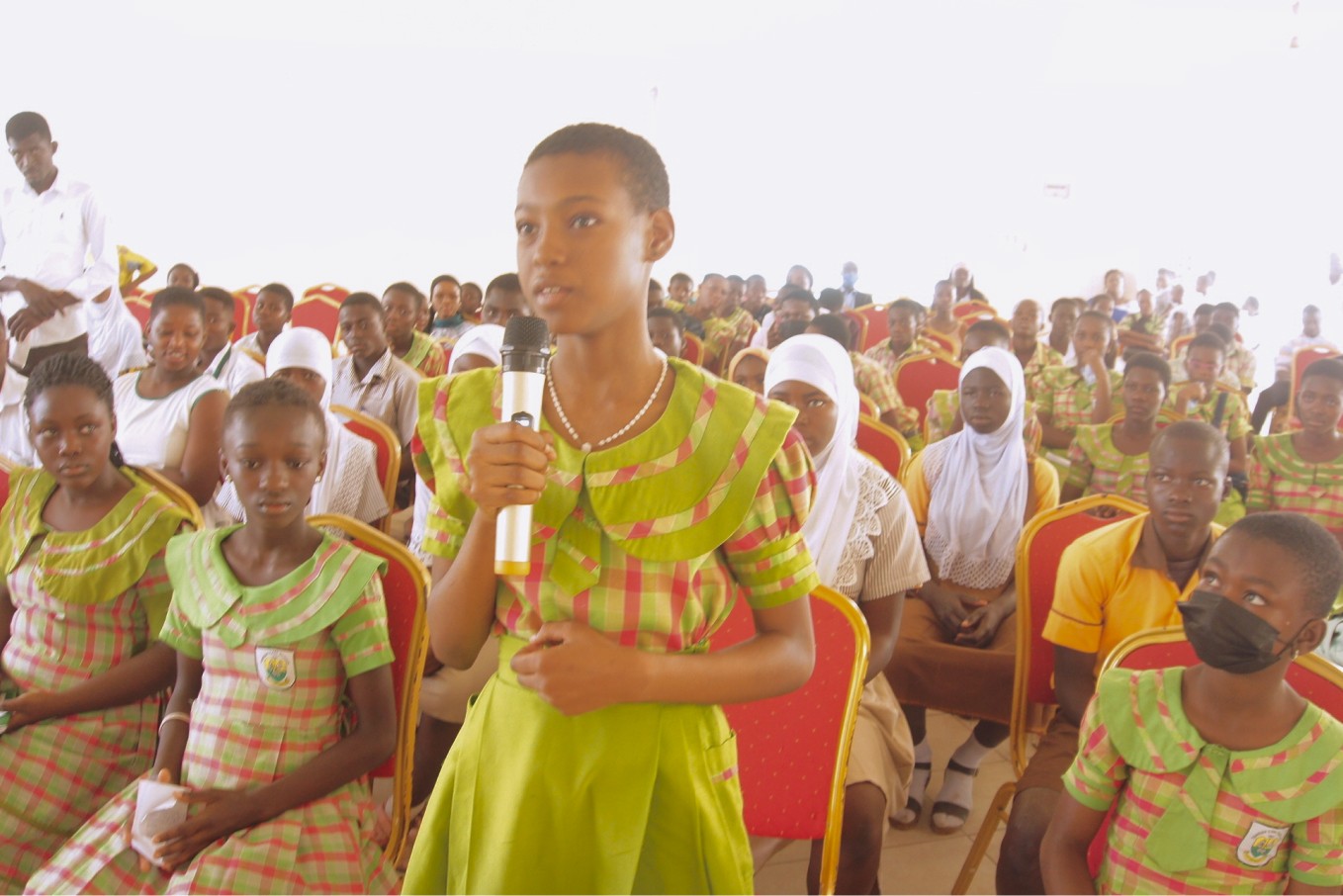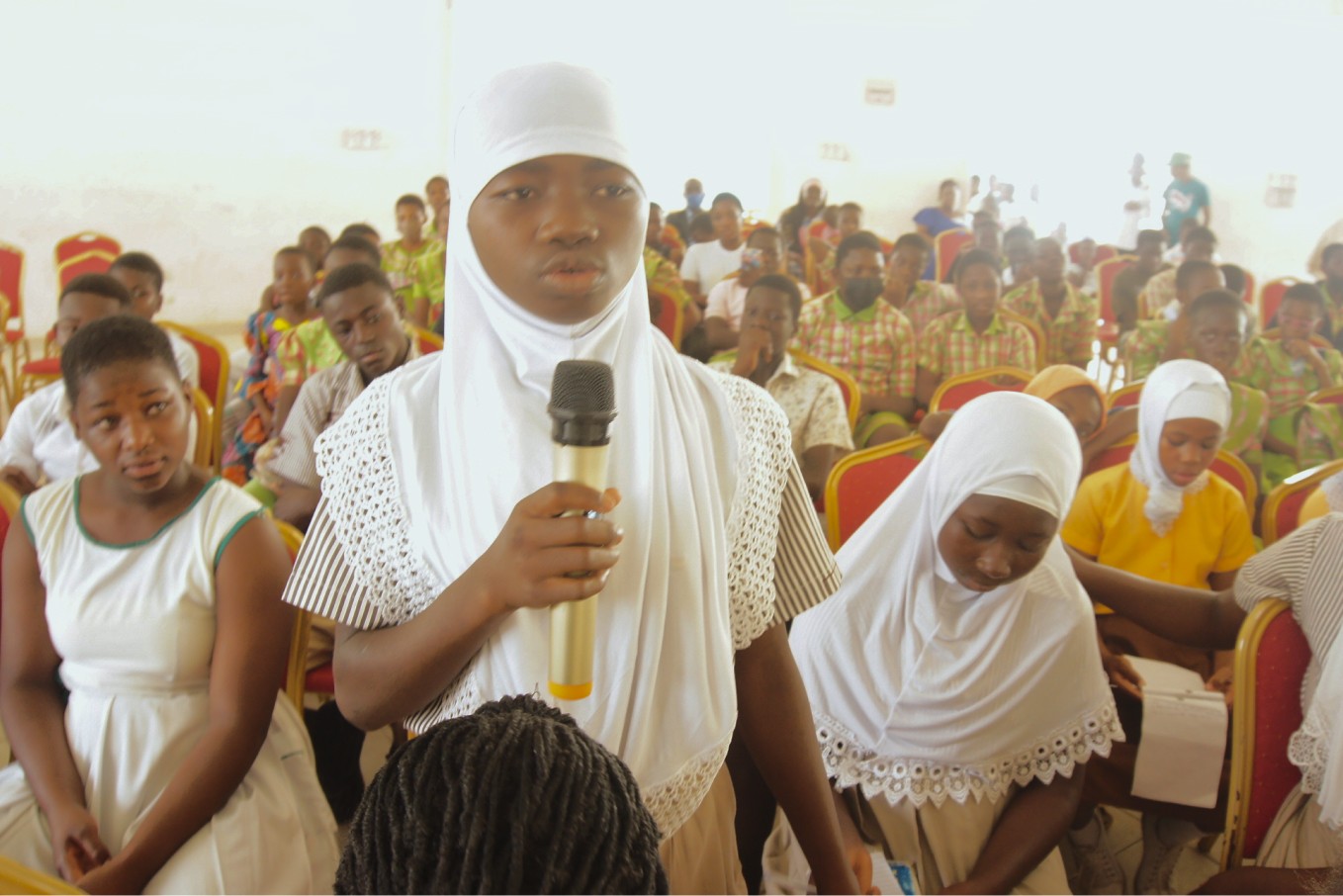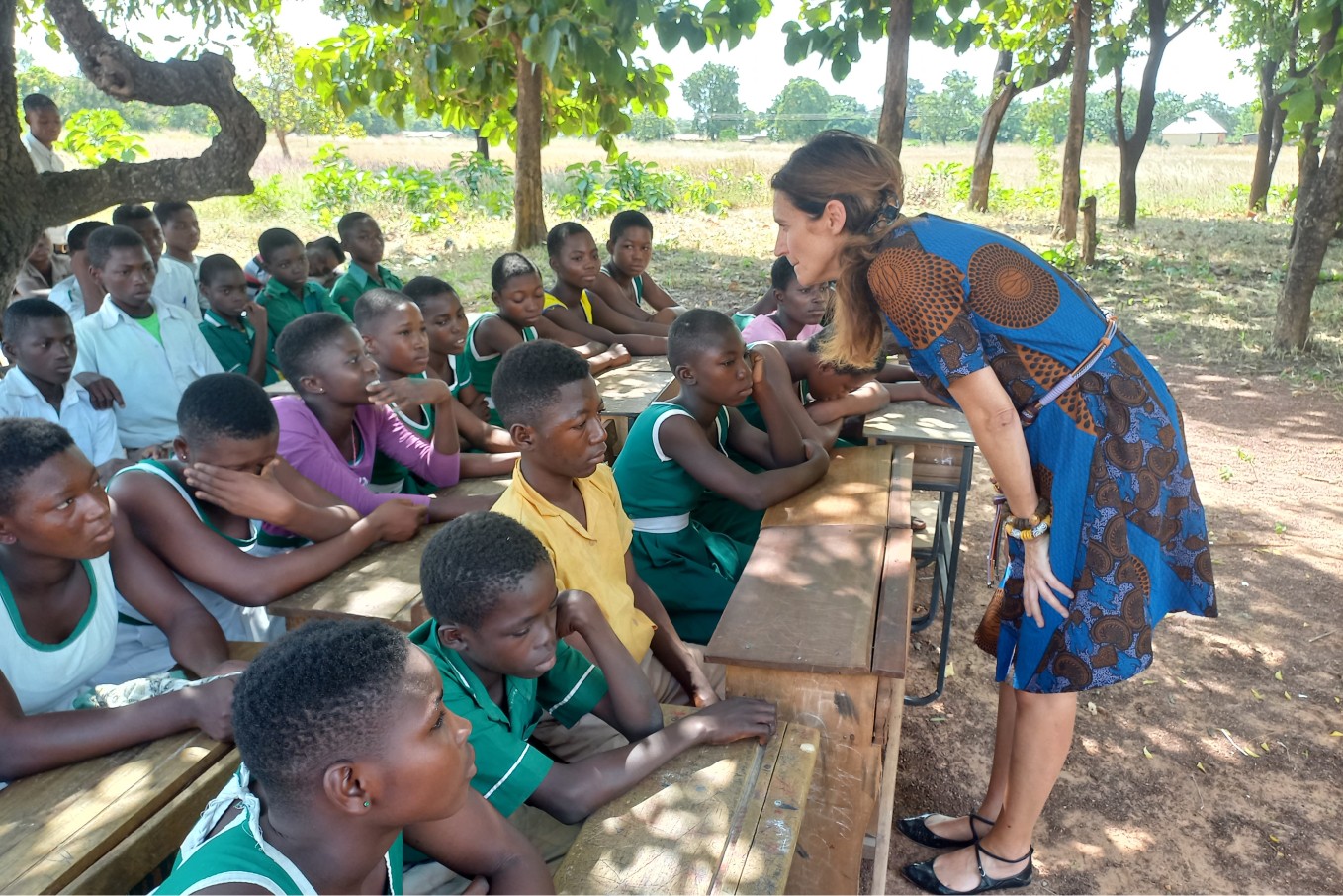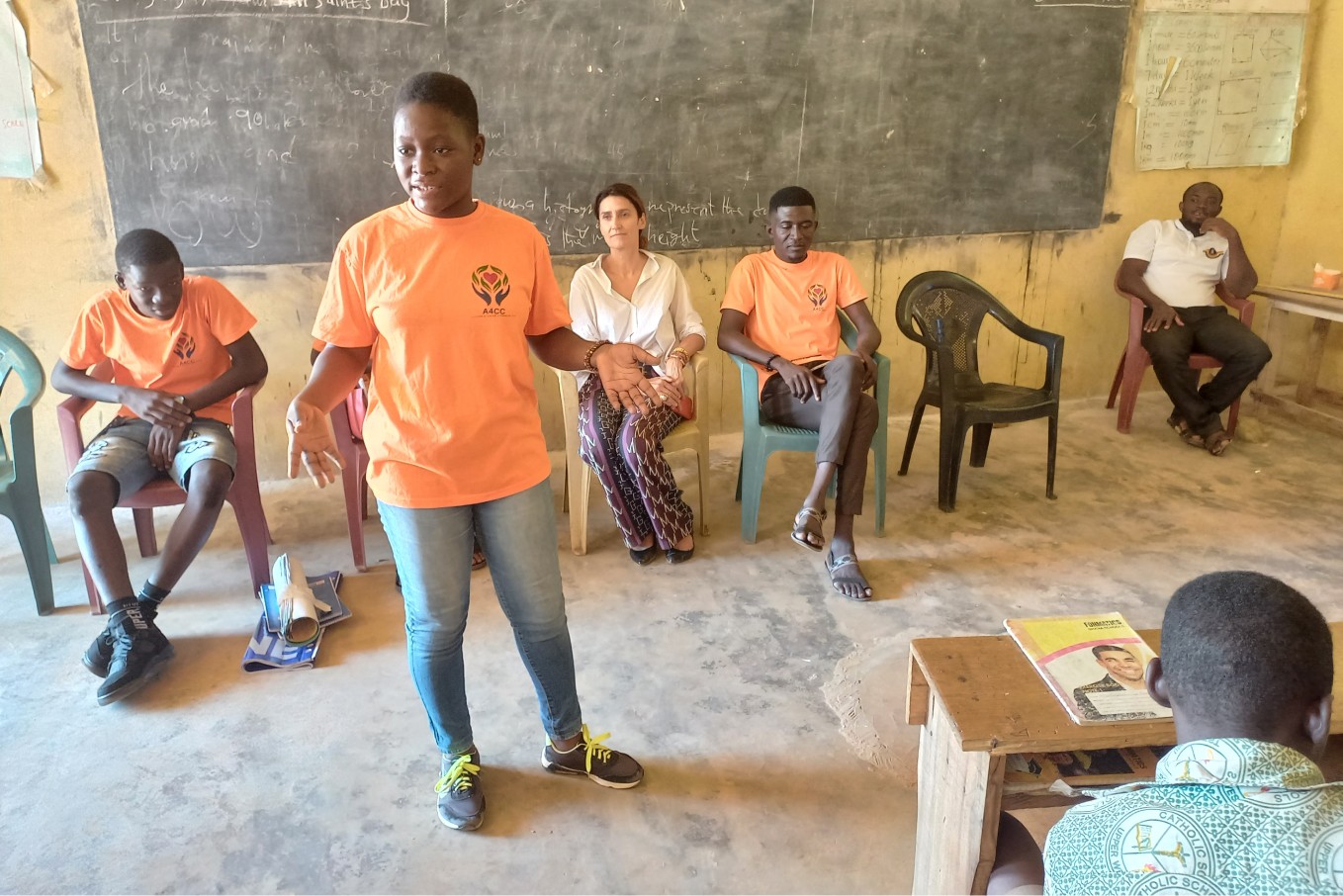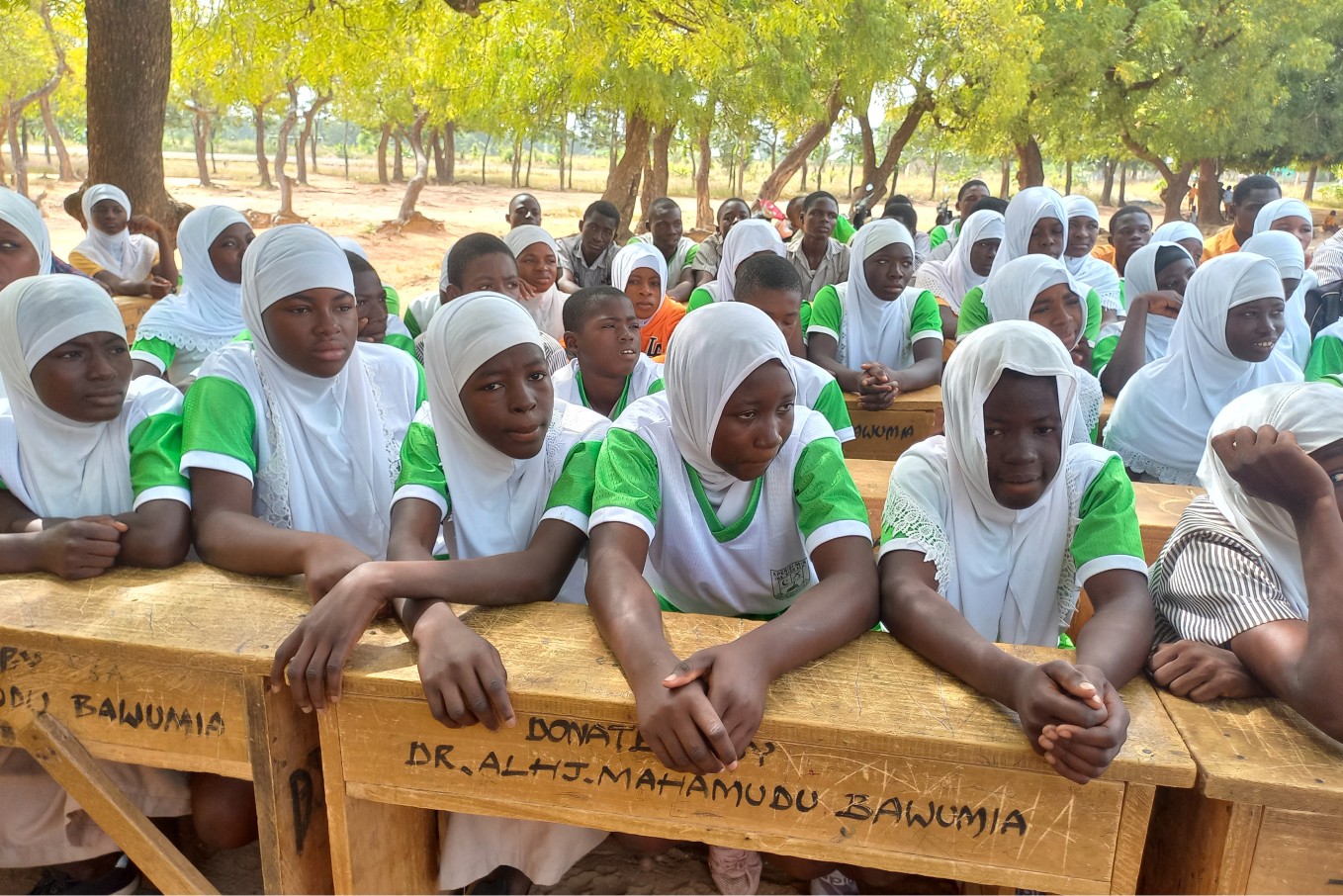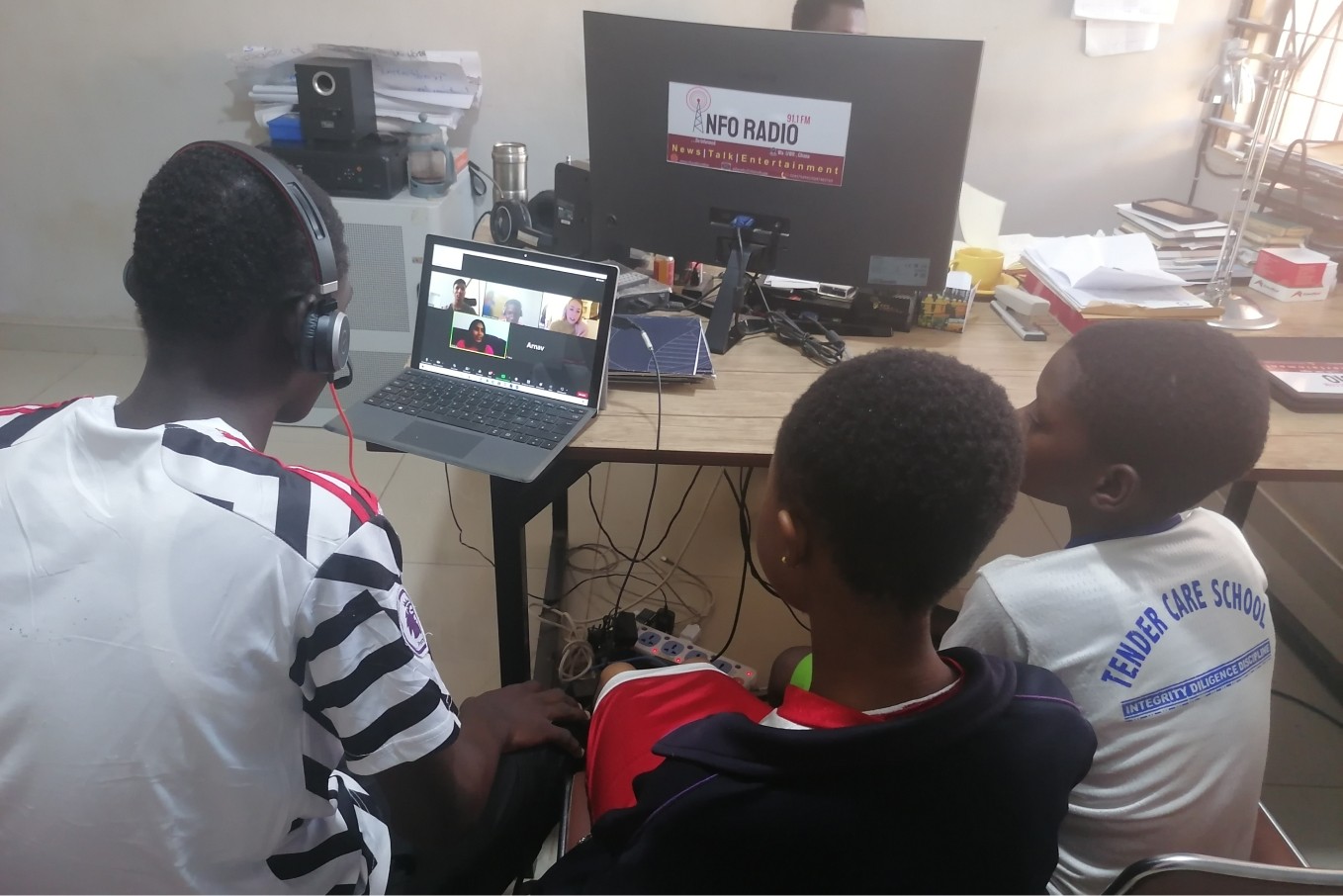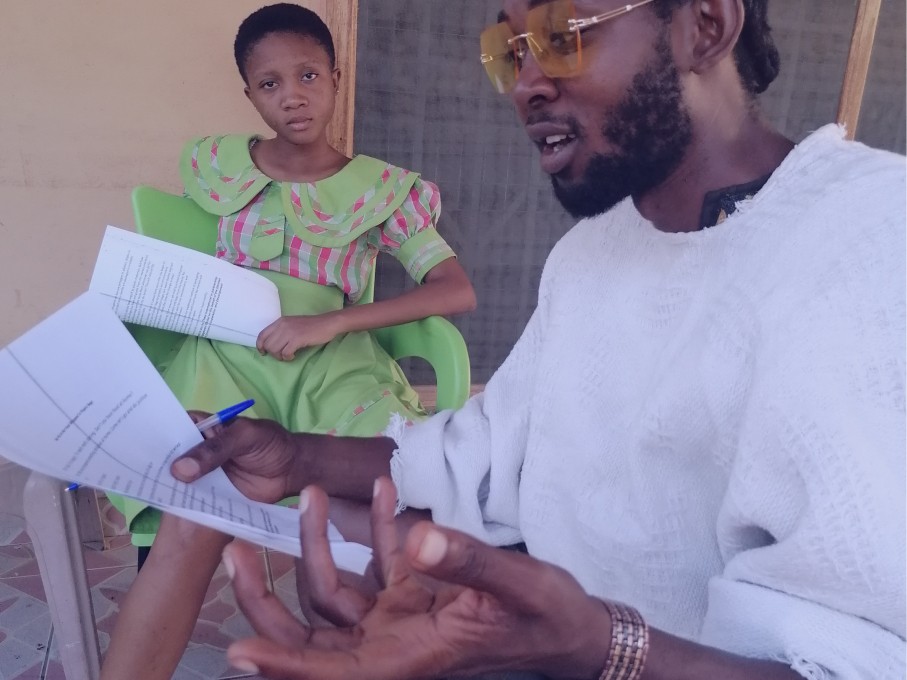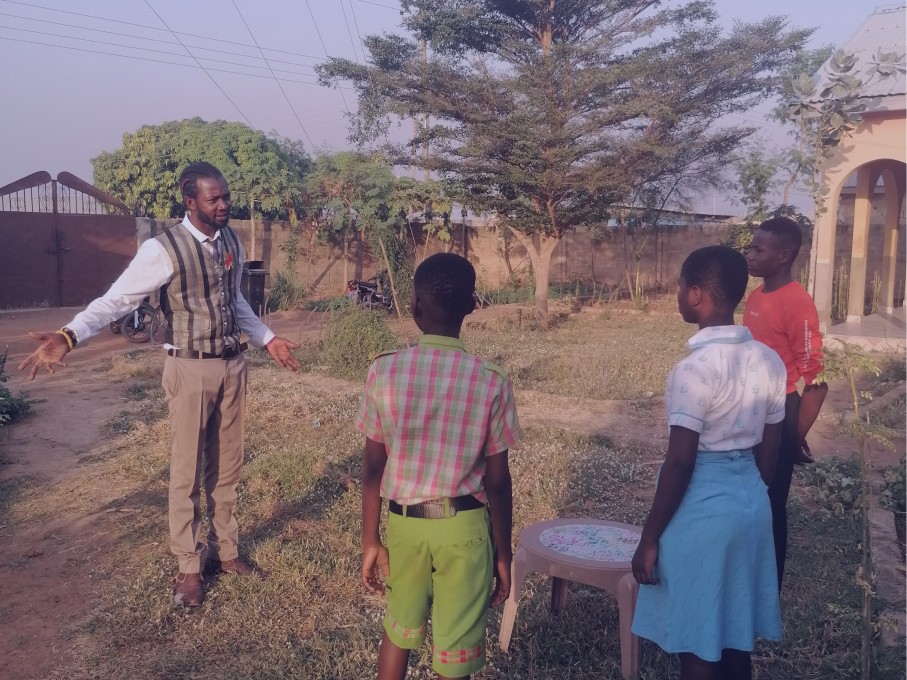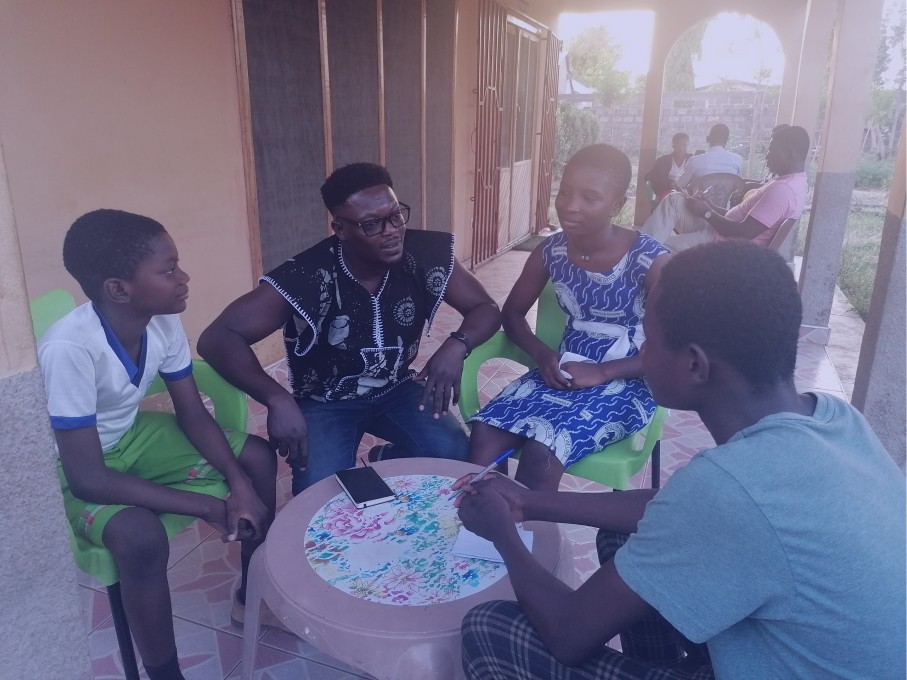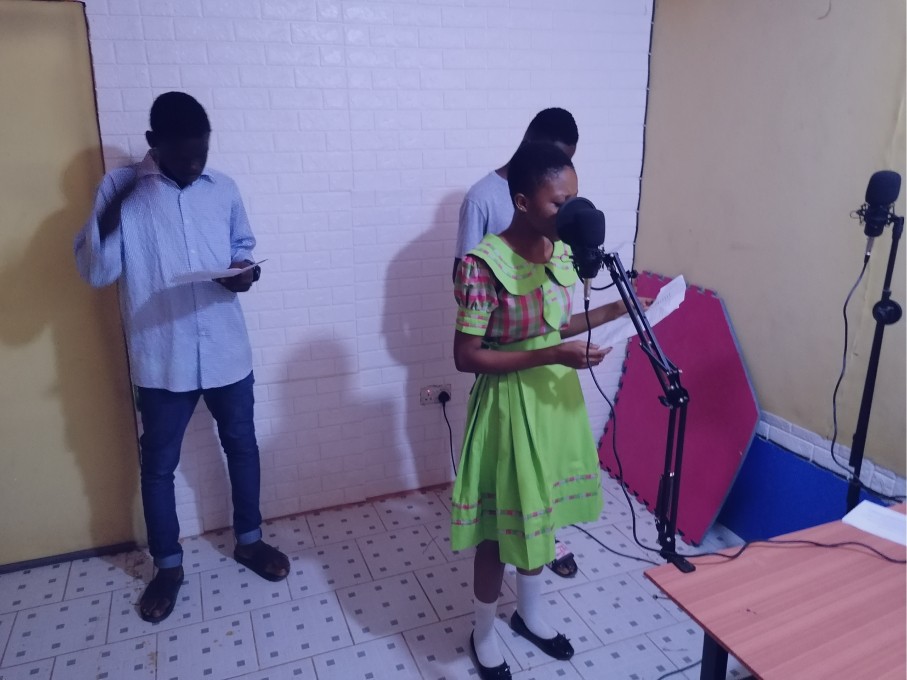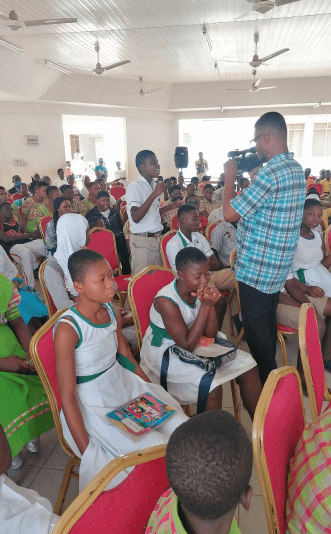chapter
03
The 2nd Circle took the youth deeper
and also took them further.
Under a new name, Youth 4 Clean Communities, they began to dig more into the problem of plastic, going out into communities in Wa but also into areas outside the bustling city, more rural villages nearby where life, and daily practices, are a little bit different. Together with youth from four schools the ambassadors spread the message about their findings and explored crucial questions to gain greater understanding of how things used to be, questions like:
When did plastic get introduced into the equation?
What did people do before plastic in terms of trade and shopping?
How was food packaged before?
How did people carry their shopping home before plastic bags were introduced? What were the traditional practices?
How was trade and shopping organised before?
And of course, they explored how things have changed asking questions about what is happening now:
How is trade and shopping organised now?
And why has this become the norm?
What is happening within the communities when it comes to plastic use?
And why?
How do people go shopping now?
And why is this the case?
How is food packaged for carrying now?
And why?”
Another aspect the youth explored was the oral traditions relevant to the issue, discovering stories and fairytales about the environment and traditional practices, but also looking into the more current information circulated about climate adaption and climate change. They held discussions about which ideas are insightful versus misleading, relevant versus outdated, and what could be pulled from all these ideas and be useful in relation to creating more resilient, cleaner, healthier and more regenerative possibilities in their businesses, their communities and their everyday lives.
Working under these three lines of discovery, with a large group of between 500 to 800 children across four schools in the more rural areas outside of Wa, the project began to unearth interesting perspectives. The youth began sharing and realising how different their experiences actually are.
Five young participants of the previous circle acted as peer to peer ambassadors and shared their experiences and the actions they took in the city under Action 4 Clean Communities. They talked about all they had discovered about the plastic problem in their city and what they had done to begin making a change. The city youth had also begun to take note of how much cleaner these more rural communities were and began to learn about the more traditional practices they had not even known about before but that were still being practiced there in these villages.
Meanwhile the students from the villages were astounded that the youth from the city were interested in them and what they were doing in their rural communities. They were surprised that these city youth would be curious about these older practices and what was done before. They themselves saw the city as more advanced and progressive and viewed their own traditional practices as not really “civilised”. In fact, for many years, they felt, and were probably right, that people in the cities viewed their traditional practices as “retarded”.
In exploring the WHY around the adoption and ubiquitous use of plastic, ideas about modernity and civilisation versus “backwardness” emerged as a primary factor. Why had people, especially in the city, stopped using woven bags and baskets when going shopping and started to prefer plastic bags? Because they saw it as a sign of civilisation. Why wrap hot food in plastic instead of the traditional habit of wrapping it in leaves? Because wrapping food in leaves is “so backward”. Why did storeowners constantly provide plastic bags for their customers even though it was an additional expense? Because their customers demanded a more “civilised, modern” experience.
So, for the youth in these villages to realise that the traditional practices they continued, the practices which they had always seen being denigrated, now being seen as superior, to have these practices valued, was a game-changer. Within the sessions, all of these ideas were given wider global context. The roles played by industrialisation, colonialism, and even racism, in contributing to these mindsets and behavioural changes were discussed. And with that, it was seen that there is an opportunity for these youth, both form the city and the villages, to reframe the narrative, to position these traditional practices as valuable, leadership-worthy ideas to combat the global problem of plastic pollution. This bolstered not just the youth, but their teachers as well! Could these traditional practices be useful? Could valuing and borrowing from older traditions be the key to cleaning up the mess plastic has created?
Invigorated by all this, the youth from Wa returned to the city with a fire within them to make a change for the next leg of the project. Teaming up with Pobee Mwintombo, a leading poet and spoken word artist in Ghana, the youth learned how to transform their “new” ideas, feelings and learnings into powerful messages through drama, both on stage and on radio with the objective of sharing to a large community. By partnering with Gabriel Mini, managing director of Info Radio 91.1FM (https://www.inforadio.online), the leading radio station in the Upper West Region, the youth did just that. Info Radio is a well known voice of the community and quality journalism, and radio, in general, is still the most popular source of quality information in Wa. At the time of this writing, these radio dramas have been transmitted numerous times and have reached over 400,000 listeners across Ghana.
What the youth did with these messages, was profound. They were able to sensitise communities, both in the city and the villages, to the severity of the problem. But more importantly, they managed to get the people to put their common behaviours into question. They got people to question their everyday norms and habits, and even the mindsets behind them.
They got people remembering that there was something that went before. Something that may have actually been better.
Amidst all this, the youth also engaged in debate around the issues, handling these topics in a much different way than before, battling on whether traditional or today’s ways are better, and why, as well as questioning what innovation can mean and how it can impact society. They probed into issues of recycling and waste management, how waste can be a resource, and discussing what these really mean in a place where there isn’t the right infrastructure for recycling but also, what this means when a material, such as black polythene bags, are not even recyclable at all.
What happens then?
What happens you’re using things that are polluting your life
and your environment for generations to come?
They also discussed the dismal direct realities of some of the current habits around plastic use, like the fact that wrapping hot food in plastic allows the plastic chemicals to enter the food, and subsequently, the body. All these ideas were not just discussed within the groups, but the youth shared these eye-opening messages on the radio as well. The youth also proudly collaborated on a song, written and produced by famous rapper and songwriter, Samson Banner, aka Samson B. Performed in both Dagaare and English, the song, called Bye-Bye Plastic, has been adopted and sung by many youth in the communities almost as hymns.
So with this 2nd Circle, the youth not only rediscovered ideas from the past that could radically shift how things are done today, they found ways to radically disseminate these ideas as well, sensitising, informing and energising the public and helping to create a new mental environment where harmful habits are questioned, warped foundational ways of thinking are shaken up, and older traditions are considered in a new and more favourable light.
